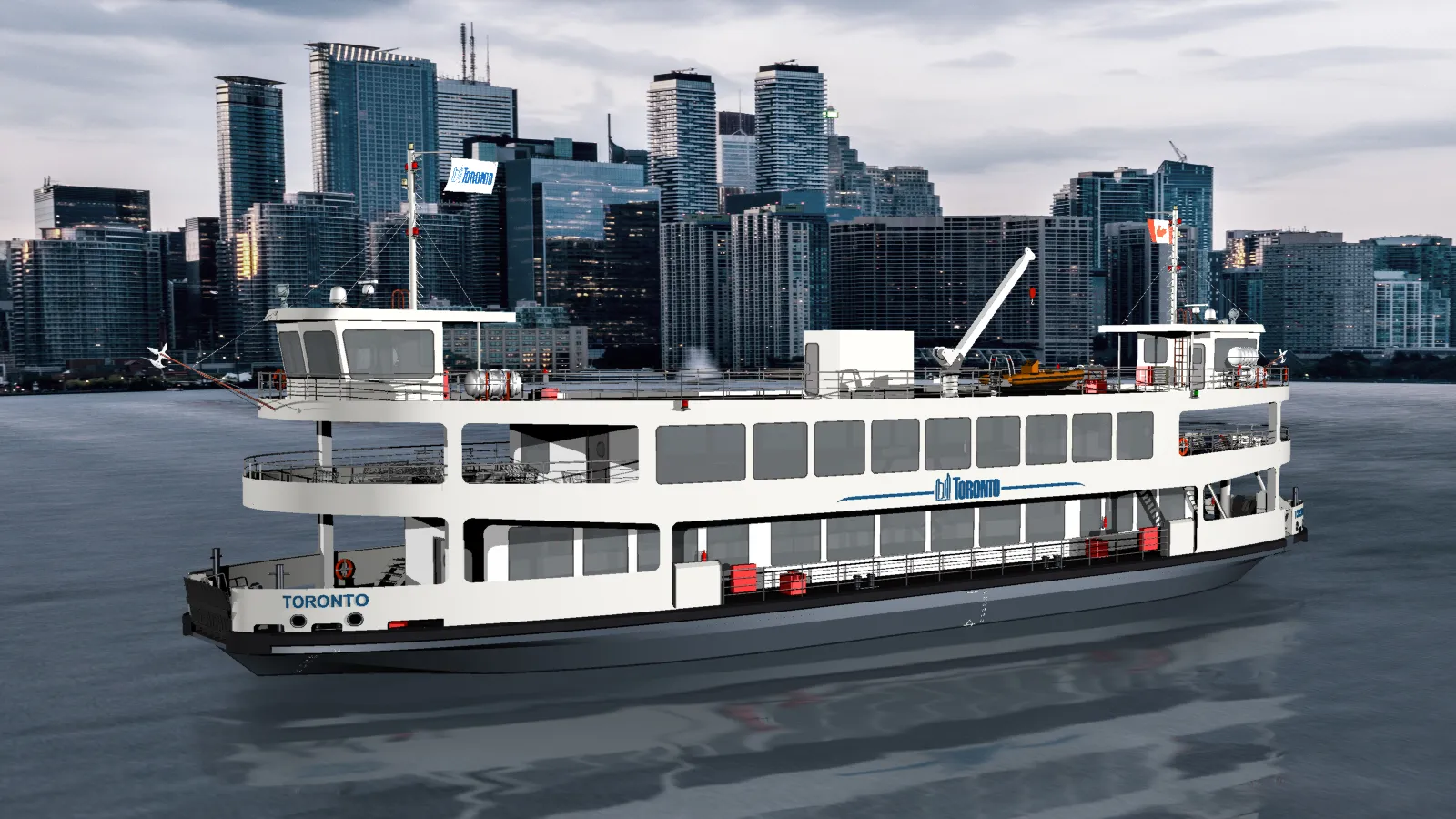The EU's TEN-T Programme is to provide over US$1 million to support an engineering study on an open terminal allowing the shift between rail and road cargo transport in Tarragona, Spain. The study will prepare grounds for the construction of the terminal after the permits are issued.
The new terminal will help reduce both freight transport costs and CO2 emissions, as well as improve overall safety. It will have 115,000 loading units capacity per year, equivalent to eight trains per day and 2.3 million m
March 27, 2015
Read time: 2 mins
The EU's TEN-T Programme is to provide over US$1 million to support an engineering study on an open terminal allowing the shift between rail and road cargo transport in Tarragona, Spain. The study will prepare grounds for the construction of the terminal after the permits are issued.
The new terminal will help reduce both freight transport costs and CO2 emissions, as well as improve overall safety. It will have 115,000 loading units capacity per year, equivalent to eight trains per day and 2.3 million metric tonnes per year. The terminal will contain access and siding tracks, an operation area with rail tracks under the gantry crane and container zone, a container depot for dangerous and non-dangerous goods, a check-in and office building, and a parking area for trucks and freight containers.
The project will come up with the technical design, engineering studies and submission of requests for administrative authorisations leading to the construction. It was selected for EU funding with the assistance of external experts under the TEN-T Annual Call 2013, priority 'Multimodal transport'. Its implementation will be monitored by INEA, the1690 European Commission's Innovation and Networks Executive Agency and is to be completed by December 2015.
The new terminal will help reduce both freight transport costs and CO2 emissions, as well as improve overall safety. It will have 115,000 loading units capacity per year, equivalent to eight trains per day and 2.3 million metric tonnes per year. The terminal will contain access and siding tracks, an operation area with rail tracks under the gantry crane and container zone, a container depot for dangerous and non-dangerous goods, a check-in and office building, and a parking area for trucks and freight containers.
The project will come up with the technical design, engineering studies and submission of requests for administrative authorisations leading to the construction. It was selected for EU funding with the assistance of external experts under the TEN-T Annual Call 2013, priority 'Multimodal transport'. Its implementation will be monitored by INEA, the








